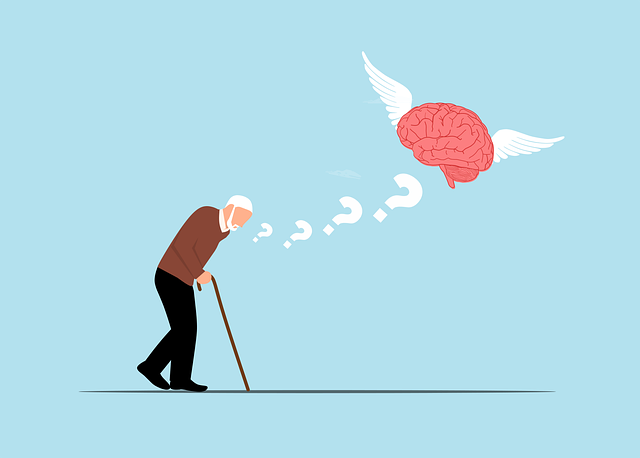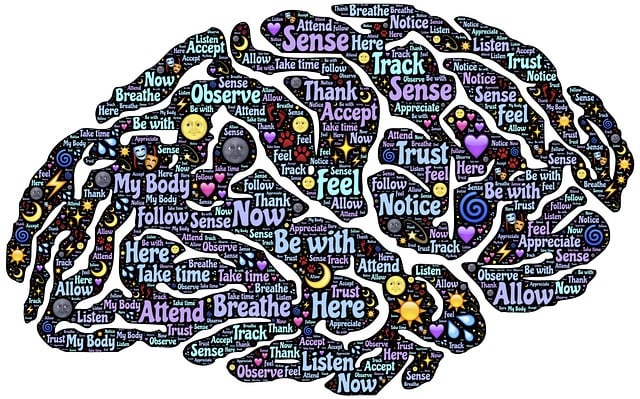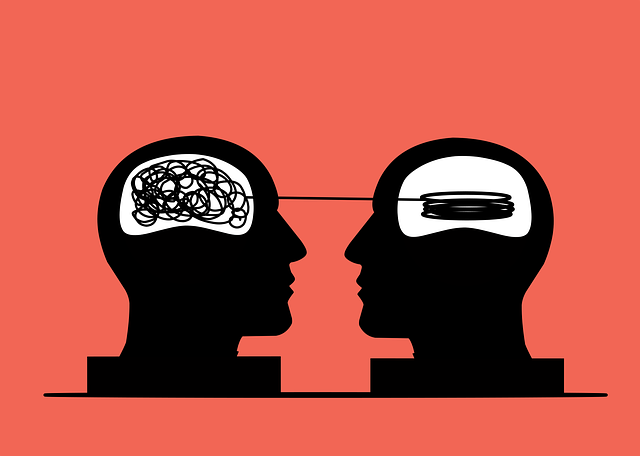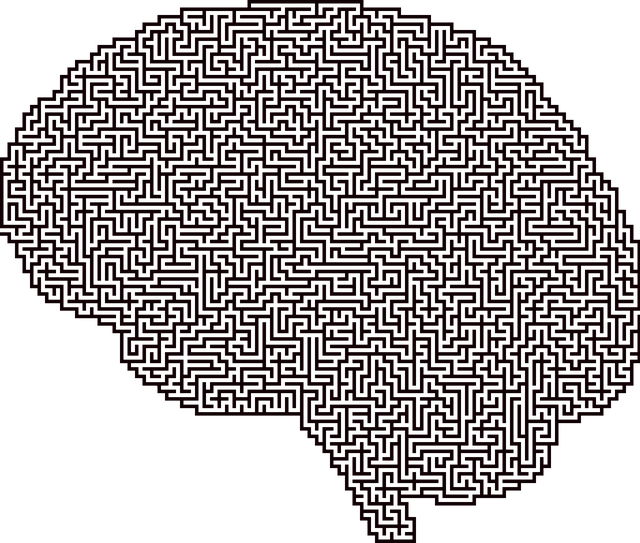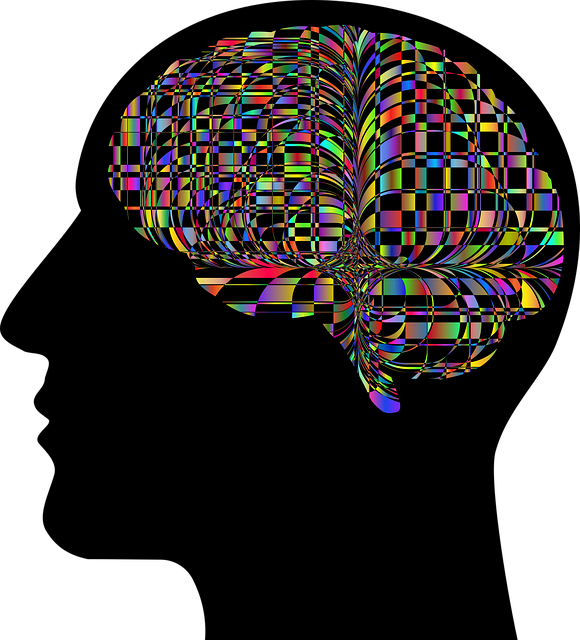Mental wellness journaling is a powerful tool for individuals with ADD/ADHD, offering a hands-on approach to manage symptoms and improve overall well-being. Regular journaling creates a safe space to explore thoughts and emotions, enhancing focus, memory retention, and organizational skills. It facilitates self-reflection, reduces stress, and aids in conflict resolution. By personalizing their journal with prompts for reflection, intention-setting, and mindfulness techniques, individuals can gain insights into triggers, improve social skills, and promote positive mood management. Integrating journaling into daily routines offers a dedicated space to process emotions, enhancing emotional well-being and preventing depression. It serves as a valuable resource for understanding oneself and making informed decisions about mental health, effectively functioning as therapy for ADD-ADHD.
“Unleash your inner calm and gain control with Mental Wellness Journaling, a powerful tool for managing ADD/ADHD symptoms. This article guides you through the transformative power of self-reflection, offering insights into how regular journaling can enhance focus, reduce stress, and improve overall mental wellness.
From setting up your ideal journal to exploring diverse entry types, we provide practical techniques for success. Discover how this simple practice becomes a robust therapy for ADD/ADHD, helping you navigate daily routines with renewed clarity and purpose.”
- Understanding Mental Wellness Journaling for ADD/ADHD
- Benefits of Regular Journaling Practice in Managing Symptoms
- Setting Up Your Journal: Tools and Techniques for Success
- Exploring Different Types of Entries: From Reflections to Mind Maps
- Integrating Journaling into Daily Routines for Long-Lasting Impact
Understanding Mental Wellness Journaling for ADD/ADHD

Mental wellness journaling can be a game-changer for individuals with ADD/ADHD, offering a unique and personal approach to managing symptoms and enhancing overall well-being. Unlike traditional therapy for ADD-ADHD, which often involves structured sessions with professionals, journaling allows for a more hands-on and intimate exploration of thoughts and emotions. By dedicating a few minutes each day to jot down their experiences, individuals can develop a deeper understanding of their triggers, patterns, and coping mechanisms.
This practice facilitates self-reflection and self-awareness, two critical aspects of improving focus, managing impulsivity, and cultivating positive thinking. Moreover, regular journaling can contribute to self-esteem improvement by providing tangible evidence of progress and achievements, which is particularly beneficial in navigating the challenges associated with ADD/ADHD. Through a structured Community Outreach Program Implementation, individuals can learn effective journaling techniques tailored to their needs, fostering a sense of empowerment and control over their mental health journey.
Benefits of Regular Journaling Practice in Managing Symptoms

Regular journaling practice offers a powerful therapy for ADD-ADHD symptoms, acting as a safe space to unclutter thoughts and emotions. By committing time each day to record experiences, feelings, and even challenges, individuals with ADHD can improve their ability to focus, enhance memory retention, and develop better organizational skills. This routine not only helps in managing impulsive behaviors but also facilitates self-reflection and promotes personal growth.
Moreover, journaling serves as an effective stress reduction method, allowing individuals to process and release pent-up emotions. It encourages the use of conflict resolution techniques by providing a platform to analyze disagreements or difficult interactions objectively. Additionally, through regular expression, one can gain insights into triggers for anxiety or frustration, paving the way for targeted social skills training to build healthier relationships.
Setting Up Your Journal: Tools and Techniques for Success

Setting up your journal is a crucial step in making it a valuable tool for mental wellness. Start by choosing a space where you can write without distractions – perhaps a quiet corner of your bedroom or a dedicated desk area. Select a journal that feels right; some prefer sturdy notebooks, while others opt for flexible spiral binders. The key is to find something you’re comfortable using regularly.
Make it personal! Incorporate elements that support your unique needs. For instance, if therapy for ADD-ADHD has been beneficial, consider adding structured pages for brainstorming or mood tracking. You can also include prompts for reflecting on your day, setting intentions, or practicing compassion cultivation techniques like those found in Burnout Prevention Strategies for Healthcare Providers. Remember, the goal is to create a space that encourages mindfulness and fosters positive Mood Management.
Exploring Different Types of Entries: From Reflections to Mind Maps

Mental wellness journaling is a versatile practice that offers numerous avenues for self-exploration and growth. One effective method is to experiment with different entry types. Traditional written reflections allow individuals to express their thoughts, emotions, and experiences in words. This can be particularly beneficial for those seeking therapy for ADD-ADHD, as it provides a structured yet flexible way to process information.
Beyond text, incorporating mind maps, lists, or even sketches can enhance the journaling experience. Self-awareness exercises like mind mapping encourage visual representation of thoughts, fostering creative connections and insights. These diverse entries contribute to the development of public awareness campaigns related to mental wellness, as they demonstrate the power of expression in various forms. Positive thinking is naturally fostered when individuals explore these different methods, leading to a more holistic understanding of their inner world.
Integrating Journaling into Daily Routines for Long-Lasting Impact

Integrating journaling into your daily routine can be a powerful tool for managing mental health, especially for those navigating conditions like ADD-ADHD. It provides a dedicated space to process thoughts and emotions, fostering emotional well-being promotion techniques that are essential for depression prevention. By making it a consistent practice, individuals can develop valuable insights into their minds, enhancing self-awareness and coping mechanisms.
Journaling offers a sense of calm amidst the hustle and bustle of daily life. It allows for introspection, reflecting on both positive and challenging experiences. This practice enables individuals to track their moods, identify triggers, and document personal growth—all integral aspects of mental wellness journaling exercise guidance. Over time, it becomes a valuable resource for understanding oneself, making informed decisions about one’s emotional well-being, and even serving as a form of therapy.
Mental wellness journaling is a powerful tool for managing symptoms of ADD/ADHD, offering a safe space for reflection and self-exploration. By incorporating regular journaling practices into daily routines, individuals can enhance their ability to focus, process emotions, and gain insights that support long-term mental wellness. This article has provided guidance on understanding the benefits, setting up your journal, exploring different entry types, and integrating journaling into everyday life—all key steps in harnessing the transformative power of this therapeutic practice for ADD/ADHD management.
